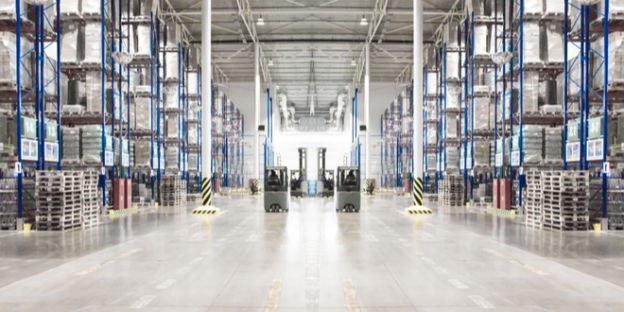Once you have done a personal inventory of your house, now it may be time to start thinking about what to store and what not to store. Below is a list of things that could be stored and some items you definitely do not want to pack away for another day.
Things To Put In Storage
Furniture
By and large, furniture is one of the most common items in storage units. The reason is most pieces of furniture are bulky so they take up more space. So, if you do not have space in your new home, then it might be a good idea to store them for the time being.
If the item has no sentimental value, then you possibly think about selling it to avoid moving and storage cost. Here’s a quick list of things to consider selling.
Seasonal items
Seasonal items like clothes, shoes, etc. are pretty common items people put in storage because, simply put, they won’t need them until the next season. If you are confident you will be moving your stuff out of storage by the next time that season rolls around, then it might lead to less clutter in your new place if you just store it.
Appliances
Kitchen stoves, washers, dryers, dishwashers, and refrigerators are heavy and bulky, so you may not have enough space for them in the new place, especially if it is just a temporary residence. If so, then it makes sense to store away some of your large appliances until you come to need them again.
Files/Documents
For the most part you will always want to bring important documents with you wherever you go, but some documents may not be that important so they will just take up space. Any financial records, warranties, employment or school records, ect… you will want to bring with you to your main residence.
If you are a business needing to storage data items, then you can learn more about those services here.
Books/Magazines
Books tend to be something that gets stored a lot because of weight and often times it is not an item you need on a regular basis.
You can store books in your storage unit but sooner or later, you’ll have to decide what you’ll do with them. Storage might be an option for you until you decide whether or not you want to keep your entire library or possibly get rid of/donate those books or magazines.
Collectibles/Artwork
These seem to be some of the most stored items when people are in transition from one place to another. Storing these items makes sense because you probably do not need them on a regular basis and you want to make sure they are safe and sound.
The best storage facilities in the country will have fire prevention systems and have adequate insurance, so if something catastrophic were to happen then you are covered.
Things NOT To Put In Storage
Food
Yeah, do not store any food in storage. No reputable storage facilities will allow you to store food, but sometimes you just might not realize you packed some food in a box so be careful not to do this if you are packing your own items before your move. It can attract insects and rodents, which nobody wants since can destroy your belongings. Plus, some items can omit bad orders that will cause all of your treasures to smell rank.
Plants
Honestly, we can’t think of any good reason to store plants, and they will not make it since they likely need light to survive. And, they will attract pests.
Animals (Pets)
Nope. Don’t do this.
Here are some tips to help your move go smoothly for your pets.
Dangerous Items
Another no-no are dangerous items like chemicals, acids, gases, fuel, oils, paints and paint thinners, pesticides, liquor, fireworks, and so on. Also, you are not allowed to store any types of guns and ammunition so it might be best to call a local gun shop to learn more about where and how you can store firearms safely.
Bonus Item:
Never store wet or damp items since the moisture could create mold and mildew, which could permanently damage ALL of your items. Same holds true for scented items like candles and soap. There odor could stain all of your items and there is a risk the smell could invite insects or rodents to check them out.
Good luck on your next move and thanks for reading!
Here are some other resources to help with your next move:
Things To Check When Choosing A Mover
Make Your Move Easier On Your Children
Zimmer Creative/Shutterstock By Studio Dagdagaz


 Call McGuire -
Call McGuire - 



